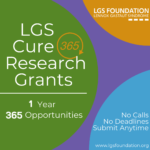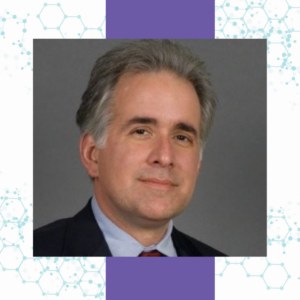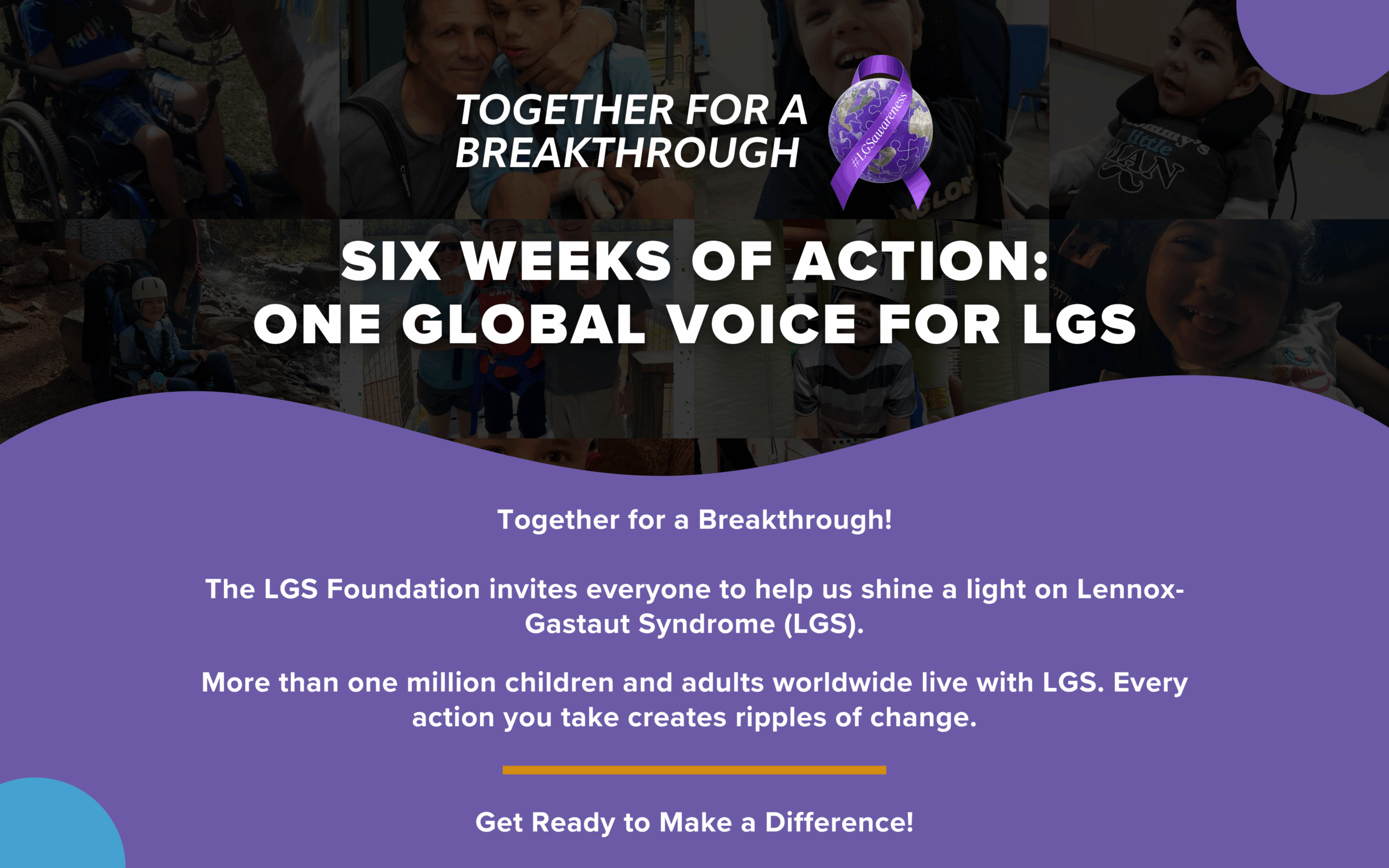2016 Grant Recipient – Nicholas Poolos
Large scale analysis of antiepileptic drug efficacy in Lennox-Gastaut Syndrome
Nicholas Poolos, MD, PhD
University of Washington
Highlights:
- Analyze a large cohort of antiepileptic drugs to better serve LGS patients
- Utilizing the SeizureTracker dataset, a self-reported, online dataset collected from over 22,000 patients, including ~450 LGS patients
- Aimed to identify one or more monotherapy or polytherapy as a superior therapy option for LGS patients
Results:
Lay Abstract:
Refractory epilepsy is defined as the failure to achieve seizure freedom despite adequate trials of at least two appropriate antiepileptic drugs (AEDs). In the epilepsy population at large this remains a pressing problem, with at least one-third of all patients falling into this category, or about 1 million people in the US alone. Lennox-Gastaut Syndrome (LGS) represents one of the most refractory childhood-onset epilepsies, with a consensus among epilepsy experts that no treatment regimen has been proven to have superior efficacy. Several years ago we undertook a project to analyze AED efficacy in a highly refractory adult developmentally disabled epilepsy population. Our study was made possible by access to a unique dataset of epilepsy treatment records for 146 patients maintained by two Washington State institutions for the developmentally disabled, dating from the 1980s to the present. Our analysis determined that the treatment of refractory DD patients was in fact not uniformly dismal, and that at least one AED regimen was significantly more effective, namely the combination of lamotrigine (LTG) and valproate (VPA). LTG/VPA reduced seizure frequency by an average of 50% compared to the baseline of all other AED regimens patients had been exposed to. This represented an advance in the evidence-based treatment of refractory adult patients, and was made possible by analysis of a large-scale dataset of treatment records. We published this study in Neurology in 2012.
We now propose to do the same with LGS. Since LGS is a relatively uncommon syndrome in the epilepsy population overall, we will need to analyze a larger dataset than in our previous study. Fortunately, the SeizureTracker dataset has now been made available to us. This dataset represents self-reported seizure data using an online tool, and to date has acquired data from over 22,000 patients. Many of these are children with syndromic epilepsies like LGS, and are represented by meticulous record keeping by their parents and caregivers. We have identified over 450 LGS patients in this dataset, and now propose to perform a retrospective analysis of AED efficacy as we did for our 2012 study. We hypothesize that at least one AED regimen, whether monotherapy (or more likely) polytherapy, will emerge as having superior efficacy in this difficult to treat population. Such a finding would have the potential to improve the therapy of LGS patients everywhere on the basis of an unbiased analysis of a large-scale database. Our prior success with this approach in the adult population suggests that this will be highly feasible in the LGS population.
 The LGS Foundation accepts unsolicited proposals year-round to seed new basic, translational, and clinical research projects on LGS. Projects may be funded at the $25,000, $50,000, or $75,000 level.
The LGS Foundation accepts unsolicited proposals year-round to seed new basic, translational, and clinical research projects on LGS. Projects may be funded at the $25,000, $50,000, or $75,000 level.
Updated 01/09/25 (KK)


